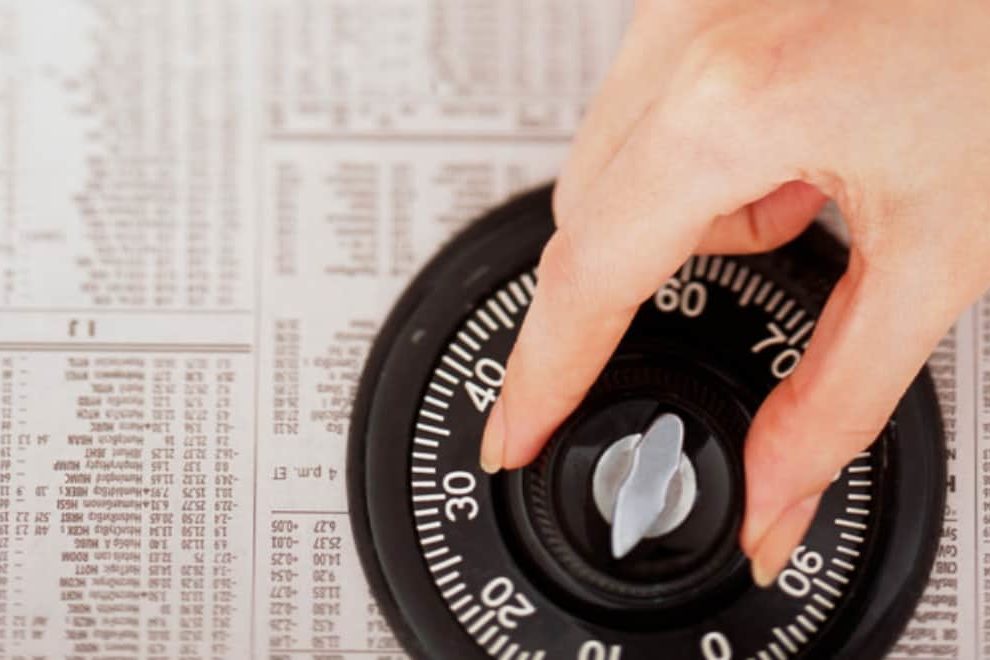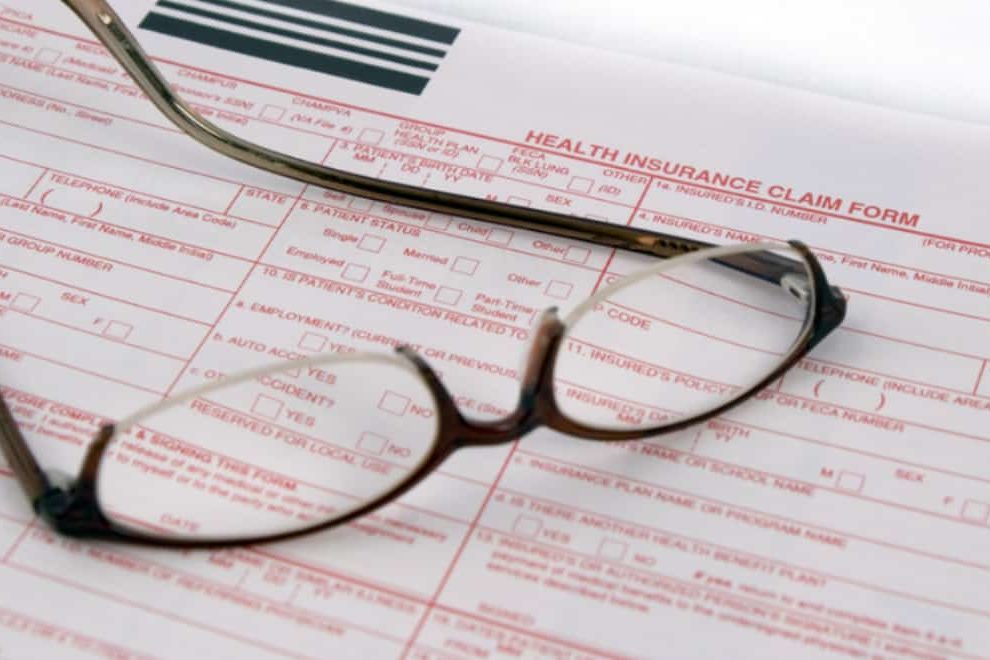How much money should you keep in a savings account for emergencies?
Without an adequate emergency fund, a period of crisis could be financially devastating. Many financial professionals suggest that you set aside three to six months’ worth of living expenses for emergencies. The actual amount, however, should be based on your individual circumstances. Do you have a mortgage? Do you have short-term and long-term disability protection?…










